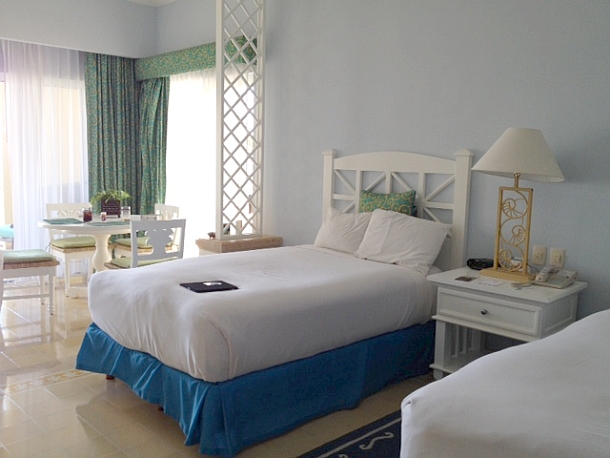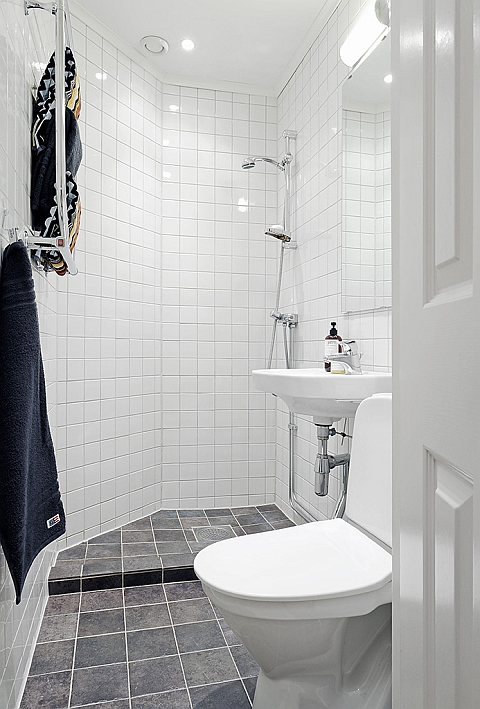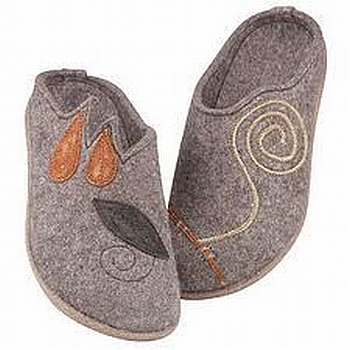
This article is about the high cost of leaving ultra-orthodox Judaism. It could have been entitled “The High Cost of Living.” My family of origin wasn’t from this religious tradition, but my experience of being pushed away was the same. Perhaps you have also experienced something similar in your life or know someone who has?
Ultimately we each must choose whether or not to live an authentic life – meaning who we really are on the inside matches how we live on the outside. Unfortunately, our call to live an authentic life and the expectations of our family or culture may be quite different.
To be “loved if” means there is a condition attached. We will be loved “if” we don’t rock the boat, “if” we don’t challenge the status quo, “if” we live a certain lifestyle. But the reality is that love has no conditions. Where there is a condition or “if” attached then it isn’t really love. Love means being accepted as we are for who we are – no exceptions.
Nevertheless, I may choose to not be around a parent or child while they are drinking or engaging in some other destructive behavior. But to reject the behavior is not to reject the person.
My family of origin operated under the “strict father” model. For myself and my siblings there was also the unspoken threat of being abandoned. It actually came true in my case. I really was cast out – while a minor, but imagine the devastating effects this would have had on my younger siblings who witnessed it.
What I remember growing up, is that it was impressed upon us that the most important virtue was obedience. Really? The most important virtue is obedience? When I became a parent I realized how strange this was! The virtues I wanted for my own children were honesty, kindness, generosity, curiosity and compassion. Only time will tell if my family will choose to adopt different values.
This article could also be entitled: The high cost of leaving “the Clan” or “the Tribe” – any tribe, family or group. Another title could be “the high cost of rejecting fideism” – external authority – in this case the authority of family.
Many Christians are unaware of the heresy of fideism. Fideism is a heresy defined as “blind obedience to any external authority.” Ultimately, as adults, the only authority we must follow – are truly obligated to follow – is God within the deepest interior of our own hearts. Any external authority, be it religious, governmental, parental or even medical, can never be the reason for making a decision. We have the responsibility and accountability as adults to learn all we can from those we trust. Then we must make our own decisions.
In healthy relationships participants are encouraging and supportive. There isn’t a demand to control or judge, rather a desire to stay connected. Healthy relationships involve mutual listening, offering support – but ultimately allowing other adults to make their own decisions. Then those decisions are respected. Is your family like this? If so, you’re lucky. If not, you may have to create a family of choice that can provide healthy support in your life.
In the article, those rejected by their families, experienced something different when they were embraced by others. What they found was that healthy, loving relationships do not judge, but want the best for us and that can only be determined by us. No one else can judge what is best for another adult, except that adult. Others who truly care about us know that being true to oneself may mean being flexible and moving into a new life.
Reality, life, God is compassionate. Every instance of suffering we encounter can be an opportunity for growth, transformation and new life. Sometimes being freed from the tethers of unhealthy relationships – or relationships that are toxic for us – allows us to fly.
This post was originally published 1/18/11. You may also like Lent: Into the Desert and InnerPeace -Watch Your Thoughts.











